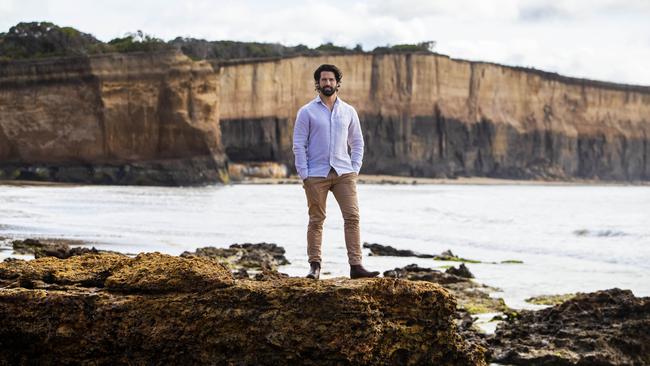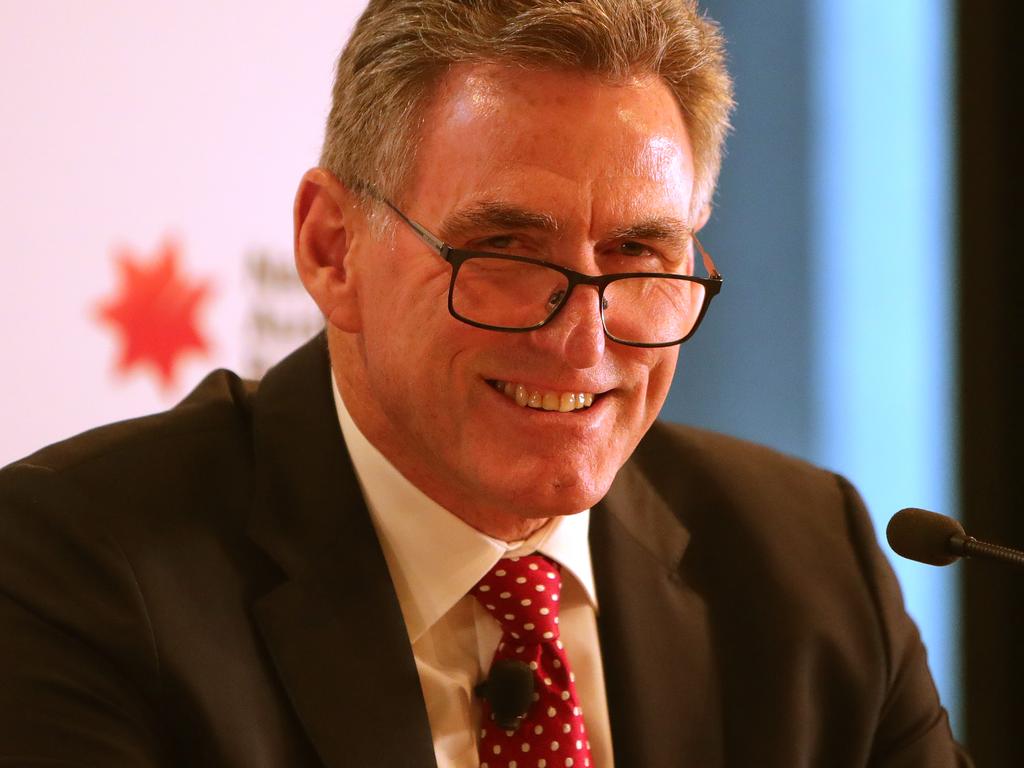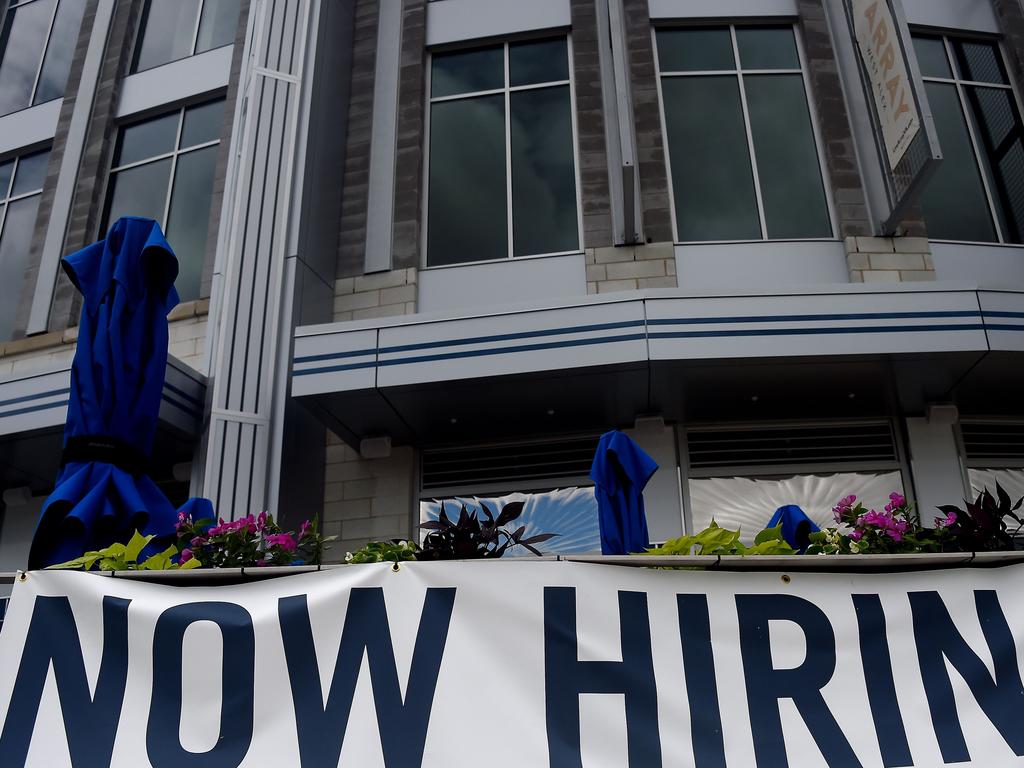
Months after some of the most stringent coronavirus restrictions in the world, millions of Melburnians are finally on the cusp of liberation. Victorian Premier Daniel Andrews will on Sunday announce a further easing of restrictions that are expected to provide a timetable for the end of 25km border controls that have stopped the flow of traffic into the regions.
The dull roar that Damien Cerantonio can hear as he walks along Anglesea’s main beach is the work of the Bass Strait as its waves crash into Point Roadknight, but the locals could be forgiven for mistaking the sound for the distant revving of cars as millions of people prepare to flee the southern capital.
“We’re crying out for Melburnians,” the Business and Tourism Anglesea Association president said.
Since March the town of 2500, which marks the start of the Great Ocean Road, has witnessed an influx of city people who have made Anglesea their principal place of residence.
This has provided extra autumn, winter and spring revenue, but the impact of long-running virus restrictions on businesses like hotels and cafes has been profound.
“I’d have to say, overall, the town and the community is certainly excited” about the easing of restrictions, he said.
Mr Cerantonio owns the Great Ocean Road Resort, one of the bigger tourism businesses in the area, and, like many, the restrictions have hit hard, even though Melbourne has been the worst affected.
While Anglesea, 114km southwest of Melbourne, is gearing up for the return of visitors, other areas in Victoria are looking on with suspicion.
For months the residents of the Mornington Peninsula, south of the CBD, have urged city people to stay away, but now that foreshore caravan parks have been closed for the summer to prevent the spread of COVID-19, many locals are irate that their businesses will be impacted adversely.
Grampians Tourism CEO Marc Sleeman said the communities that are built around the Great Dividing Range destination of Halls Gap were eagerly awaiting visitors. The core challenge, however, is finding enough of the right staff to do the work.
The 25km border around Melbourne has had the unintended consequence, he said, of bolstering communities like Halls Gap as the regions have effectively created their own travel bubbles. “The region is performing really well in the first stages of recovery,” Mr Sleeman said. “(But) there are 10 different businesses looking for staff in Halls Gap.”
He said the priority for local communities was to do the best to create a safe environment that meant the virus was less able to be transmitted.
“I think we’re prepared for it,’’ he said. “As long as we are doing it safely, the communities are understanding and supportive.”
Tourism Geelong and The Bellarine executive director Brett Ince said many tourism operators had had a lot of time to work out how their COVID-19 plans would work. Mr Ince said the area had 130sq km of open space and that visitors were being encouraged to make the most of it, limiting the spread of the virus.
“We’re pretty excited in the regions for the ring of steel to come down,” he said.








It’s one thing to find a vaccine for COVID-19, quite another to inoculate against lockdown-induced cabin fever.